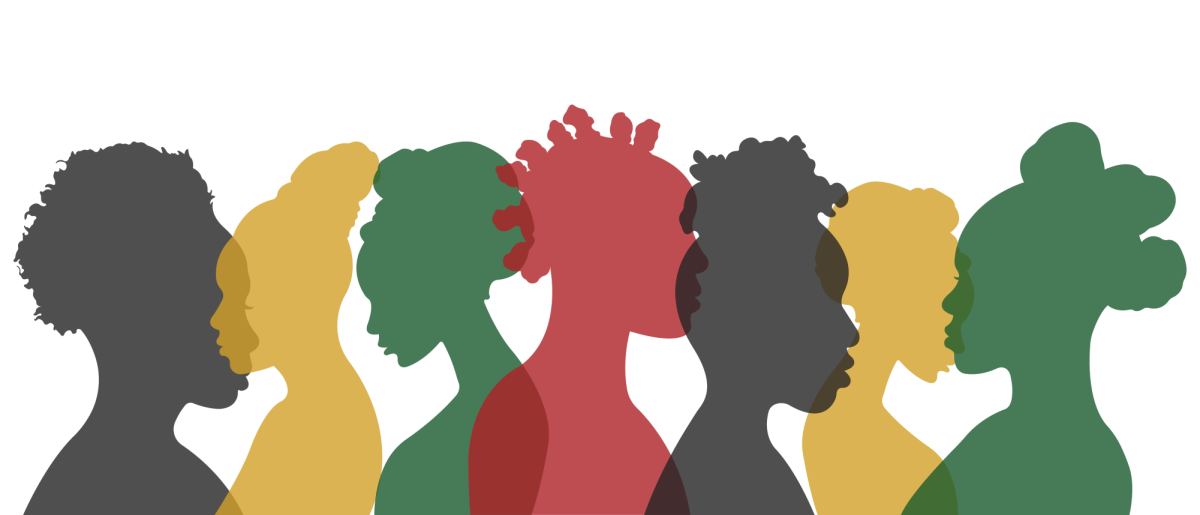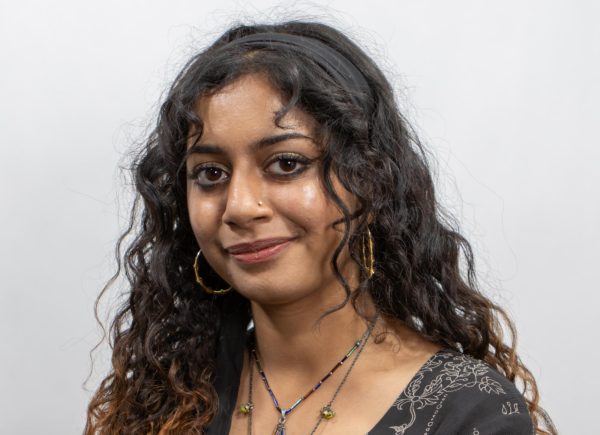Members of the LGBTQ+ community at TCC say they are concerned as state laws and proposed legislation impact their ability to organize on college campuses and threaten same-sex marriage.
As a transgender woman, NE student Julia Williamson is afraid of the way she believes she is being targeted by Republicans who claim trans women are predators and pedophiles. Williamson said it’s hypocritical considering President Donald Trump and three of his Cabinet members have been accused of sexual misconduct.
“It’s a complete scapegoat,” she said. “It’s a complete fabrication of reality. It’s really dangerous for people to have this complete misunderstanding of anything about who we are.”
Williamson is a member of the NE Pride Club and said the supportive dynamics of the club are important during a time when the community is being restricted from openly organizing.
“Everyone gets along,” she said. “It’s electric when you get into the groove of things. It would be extremely tragic if we were to lose that.”
Aiden Dunlap, the president of the SE Gay Straight Alliance, said the GSA has been going through some difficulties in getting the word out for their events since the state passed anti-DEI laws.
He tried putting together a program for Transgender Day of Remembrance but faced issues getting the flyer approved due to updated guidelines. The original flyer was ready three weeks before the event but wasn’t approved until three days prior, which resulted in a lack of attendance.
“I think they’ll just silence a lot more of our events and try to hinder what we can and can’t talk about,” he said.
Recently in Idaho, there was a call for the U.S. Supreme Court to reverse same-sex marriage. Williamson said she was worried about this happening since Roe v. Wade was overturned.
“Everything that they’re doing is completely illegal and not allowed, but if they do it quickly enough, and they do it at a faster pace, and the courts can’t keep up and Congress can’t keep up … then that gives them more power and ability to change even more,” she said.
NE paralegal student Holly Pils identifies as a lesbian and is in a same-sex marriage. If this ruling were to pass, she could have her right to marriage taken away.
“Ten years ago, when the marriage equality was passed, that was a great day for our community,” she said. “There is a fear right now amongst most people, but we have to stand up for each other.”
Sharon Herrera, the founder of the Tarrant County organization LGBTQ Saves, said the future for the LGBTQ+ community does look a bit dark, and she believes the hostility will get more intense. Her organization is rethinking their past community events to ensure the safety of everyone involved.
“We cannot afford … for someone to go rogue and ruin the event by doing something that’s unspeakable,” she said.
Herrera has been a speaker at TCC in the past but is unsure if it’ll happen again this year. The state’s new DEI law makes it more difficult to host events involving the LGBTQ+ community.
Previous campus events gave students a place to feel safe and understood.
“They were able to say, ‘Hey, this is the way I feel. Thank you for coming. I know who I am now, and I thank you for this,’” she said. “Those talking gigs are pretty special because you never know who’s in your audience listening.”

As an adviser for NE Pride Club, Cynthia Lewis said she understands LGBTQ+ students fears in the current political climate and aims to create a safe space for them.
“There’s a lot of uncertainty right now in terms of what could come,” she said. “It’s even more important for them to have somewhere to go where they can just exist and be safe and be themselves.”
Lewis said many of the students coming to NE Pride Club have faced challenges from multiple areas, including the executive orders targeting transgender individuals, and have vocalized fears of what will come next.
In an order signed by Trump, he denies the existence of trans women by stating women are biologically distinct from men. He has also banned trans women from women’s sports and created barriers to receive gender-affirming care.
“I don’t think that people outside of the community really understand how scary it is for these kids until they hear it from their mouths,” Lewis said.
Williamson said she believes these tensions are happening because the increased diversity worldwide is threatening those currently in power.
“The playing field is being equaled out,” she said. “They want White people at the top, straight White cisgender men at the top, and everyone else below them.”
According to Williamson, this rhetoric is stopping people from getting the help they need by prioritizing the care of those at the top, making healthcare less accessible for everyone else.
“I think it is so important to fight this now, before it ever gets to that point,” she said. “It has to come from everyone. It has to come from not just trans people, not just people in the community. It has to come from intersectionality, from other marginalized people, where we can band together and say that this is not OK.”
It makes a huge difference to be visible and open, Williamson said. Her laptop is covered in trans flag stickers, and she wears a subtle trans flag ring every day.
“They know when they see this ring that I am also trans, and that they are safe with me,” she said. “I am going to respect them, and I can even help them in a lot of different ways.”
Herrera said even though school districts are preventing teachers from showing their support there’s still things they can do to help LGBTQ+ students.
“Just wear a rainbow bracelet,” she said. “Have a little something on your personal stuff, something that will show the youth that, ‘Hey, I’m affirming. You can trust me.’”
Williamson said she is determined to go forward and not let history repeat itself.
“I am not going back,” she said. “We are not going back. This is not going to happen. I am not going to let them get away with it.”





























![A graph showing the percentage of weekly Tarrant County school district nurse visits
[blue] and school absences [green] related to influenza-like symptoms from November
2024 to March 2025. A noticeable spike occurs in the first week of February 2025 showing nurse visits are up 18% and absences up 7% from January 2025.](https://collegian.tccd.edu/wp-content/uploads/2025/02/Screenshot-2025-02-18-at-10.34.56 PM.png)






